Photos
#ForEveryAge of her life: Explaining the life-cycle approach in 10 photos
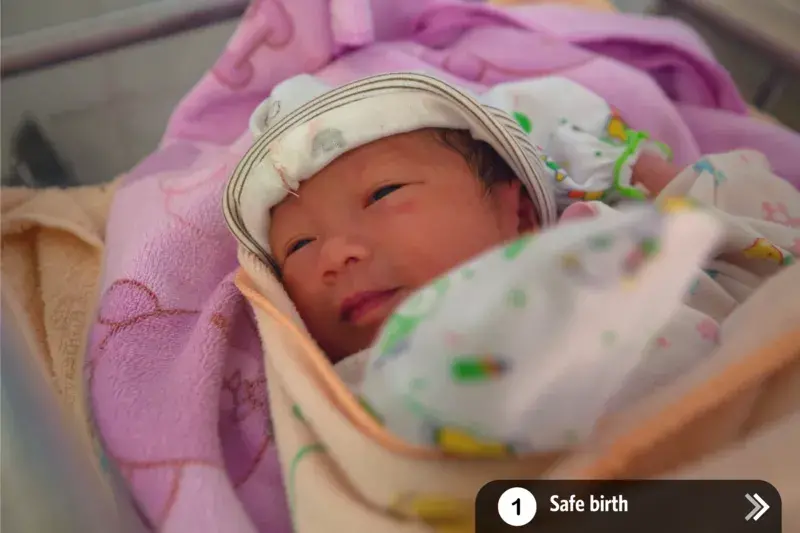
Almost half of the world’s births occur in the Asia-Pacific region.
Tragically, in this same region, 10 women die every hour as a result of complications in pregnancy and childbirth.
Investing in every age starts from childbirth. Every woman should have access to maternal health care services so that she can bring a healthy baby into the world, while safeguarding her own health.
--
Photo: UNFPA Lao PDR
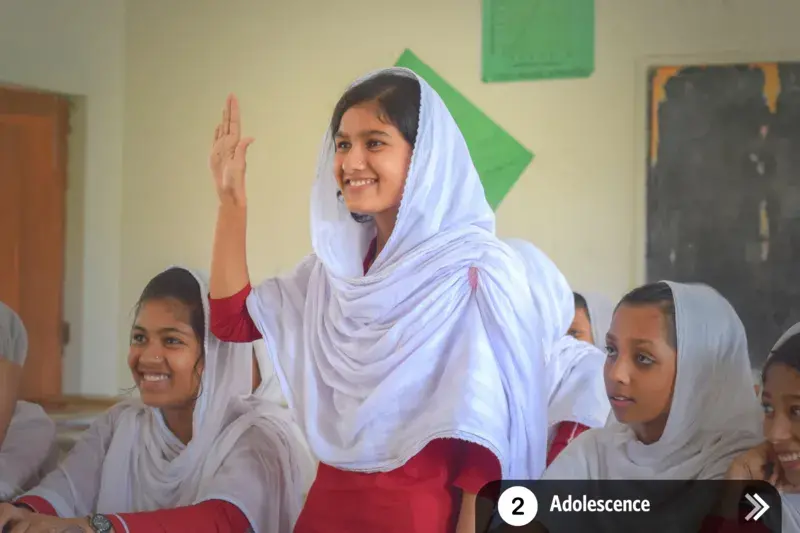
As a girl transitions from adolescence to adulthood, she will have to make life-changing decisions about her sexual and reproductive health.
Yet, many young people across Asia and the Pacific lack the knowledge required to make those decisions responsibly, which may be due to cultural or social barriers.
Comprehensive sexuality education is important as it enables young people to protect and advocate for their health, well-being and dignity throughout their life.
--
Photo: Ahsan Habib / UNFPA Bangladesh
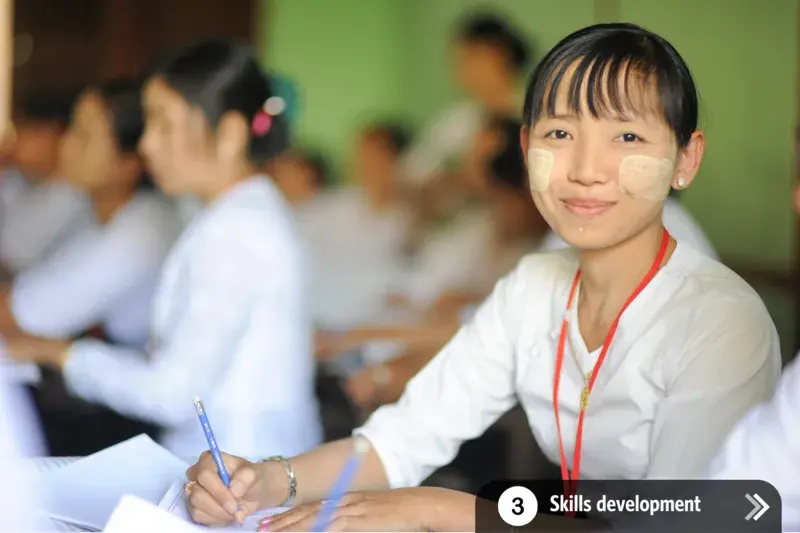
The working-age population in Asia and the Pacific is close to 3.2 billion people, yet only 2.1 billion make up the labour force.
For girls, the barriers to participate are even higher. Women and girls must have equal opportunity to develop their skills, contribute to society and achieve their fullest potential.
Through skills development, women can build financial independence and realize their personal ambitions, which can determine the course of their life as they age.
--
Photo: UNFPA Myanmar
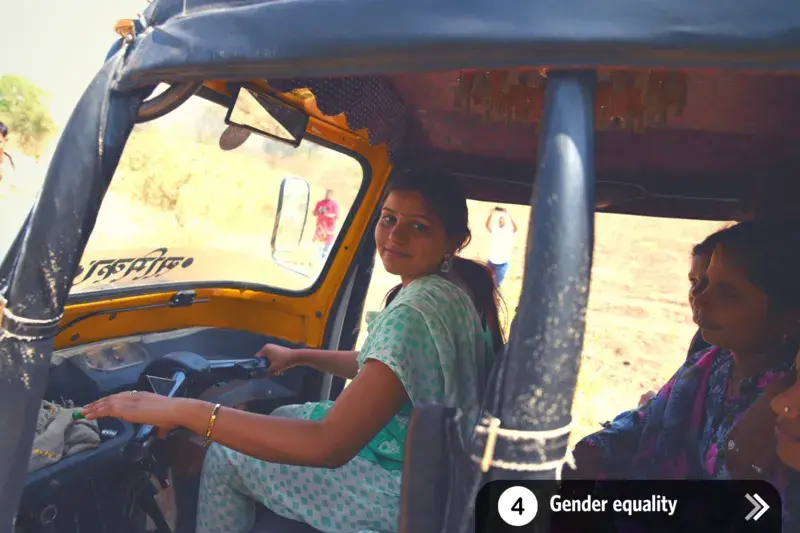
Gender equality is a human right. Women are entitled to live with dignity and with equal opportunity. Yet, women and girls are still much more likely than men to be poor and illiterate.
Effectively promoting gender equality requires recognizing that women are diverse in the roles they play, as well as in social status, ability, geographic location, education, and in age.
--
Photo: Arvind Jodha / UNFPA India
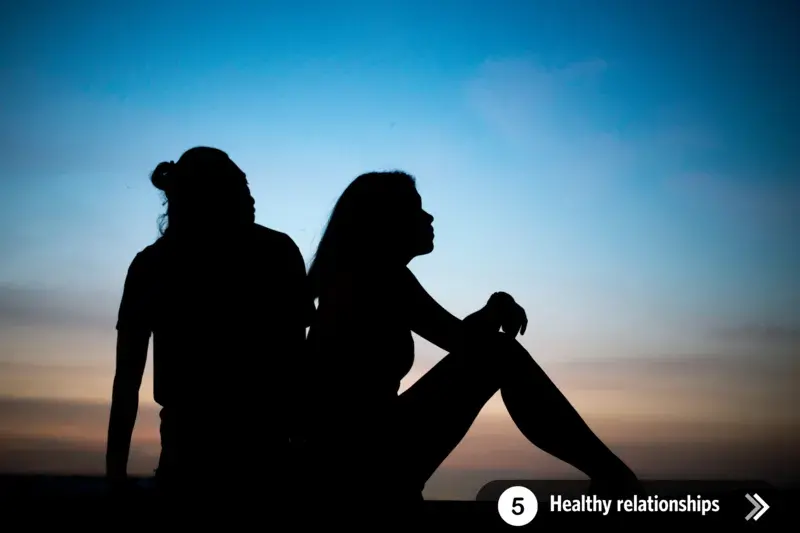
Worldwide it is estimated that one in three women experience physical or sexual abuse in her lifetime.
In most countries in the Asia-Pacific region, women are more likely to have experienced violence by an intimate partner than to have experienced physical or sexual violence by someone other than their partner.
Being in healthy relationships and having access to gender-based violence response services is crucial for every woman and girl to live a safe and happy life.
--
Photo: UNFPA Thailand
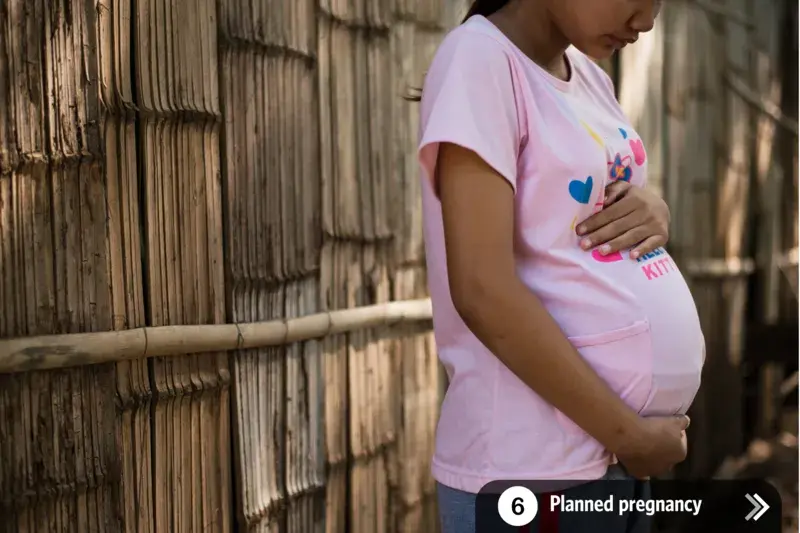
Every woman should have the right to decide whether she wants to have children, and if so, when and how many.
When couples are empowered to plan their pregnancy, women are better enabled to complete their education and improve their earning power.
Increasing knowledge about modern contraception among adolescent girls is also a crucial starting point for improving their long-term health and avoiding adolescent pregnancy.
--
Photo: UNFPA Thailand
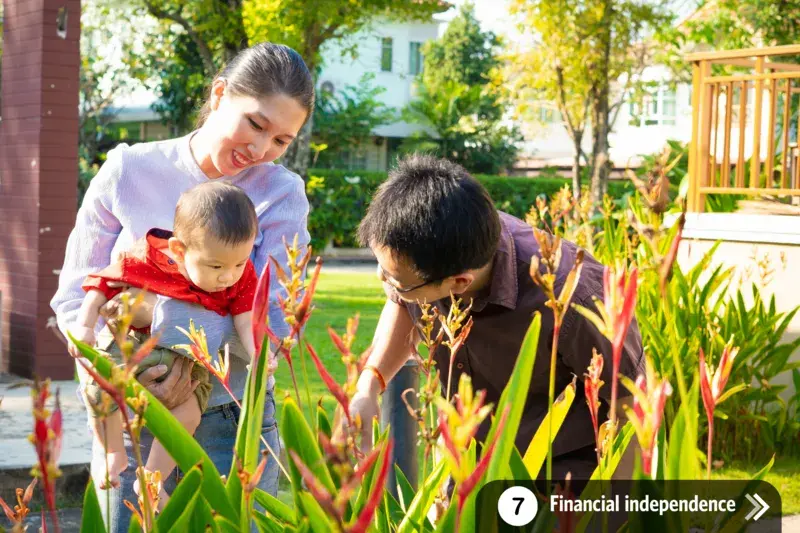
Rasamee gave birth to her first child, and two months later, she was up for the challenge to return to her job as chief advocate for sustainable development at a leading telecommunications company in Thailand.
“I love my work”, she says. With a degree in economics and international business, it’s a far cry from the era of her grandparents, who believed that school was for boys and home was for girls.
“The culture has changed. Women can work and take care of themselves, and don’t need to rely on their husbands”.
--
Photo: UNFPA Thailand
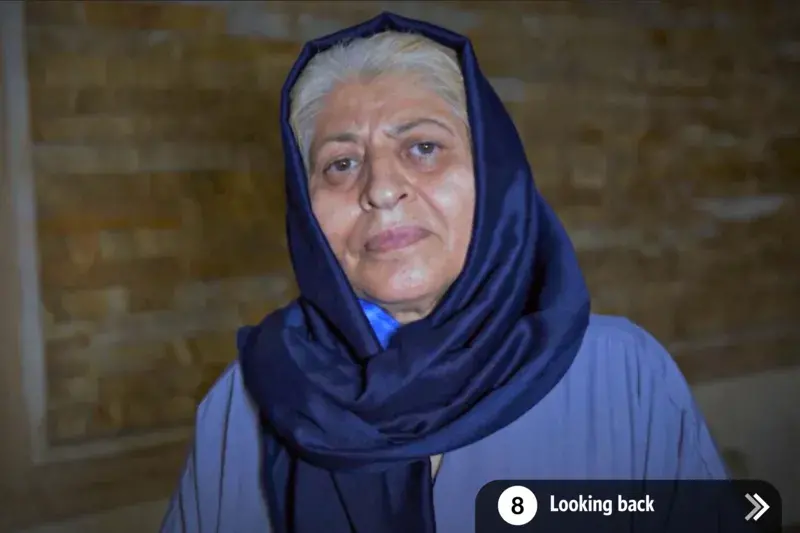
Maryam, 72, from Iran wishes she could tell her younger self to have continued her education. Unfortunately, she didn’t have this choice. She lost her father when she was 15 and got married at 17. She didn’t know about family planning, and had her first child soon into her marriage.
While she worked briefly before marriage, she couldn’t continue work as her husband didn’t allow for it. While Maryam wishes things could have been different, she hasn’t given up. “Sometimes at home, I study languages”, she says with a smile, hopeful to fulfill her dream of continued learning.
--
Photo: UNFPA Iran
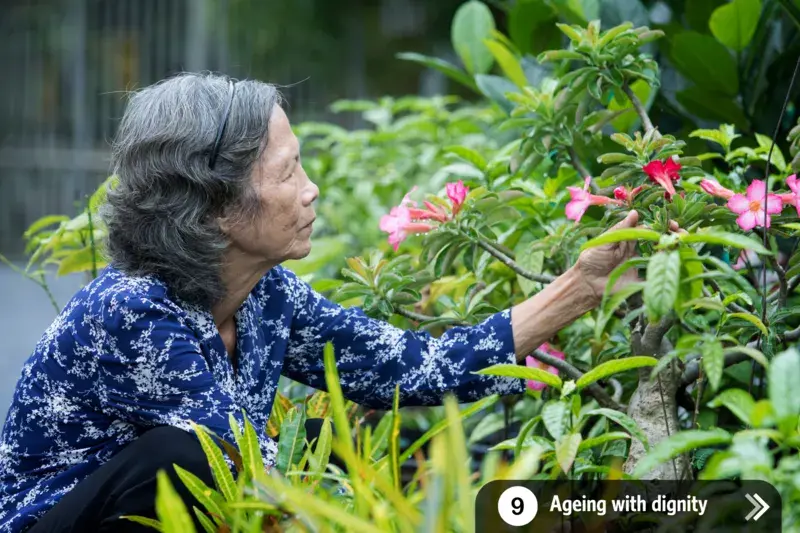
As a retired high-school teacher, Nguyen Thanh Ha from Viet Nam has always valued education and how it helps change lives. Today, at 80, she continues her own learning, increasing her legal knowledge to be able to help people resolve family conflicts.
Thanh Ha is known as the 'operator' among her neighbours and community, as she is often called upon for support and advice. She also enjoys learning about agriculture, bonsai and orchid care.
"I have never thought about stopping my studies and research. I think studying is good for myself and for helping others".
--
Photo: UNFPA Viet Nam
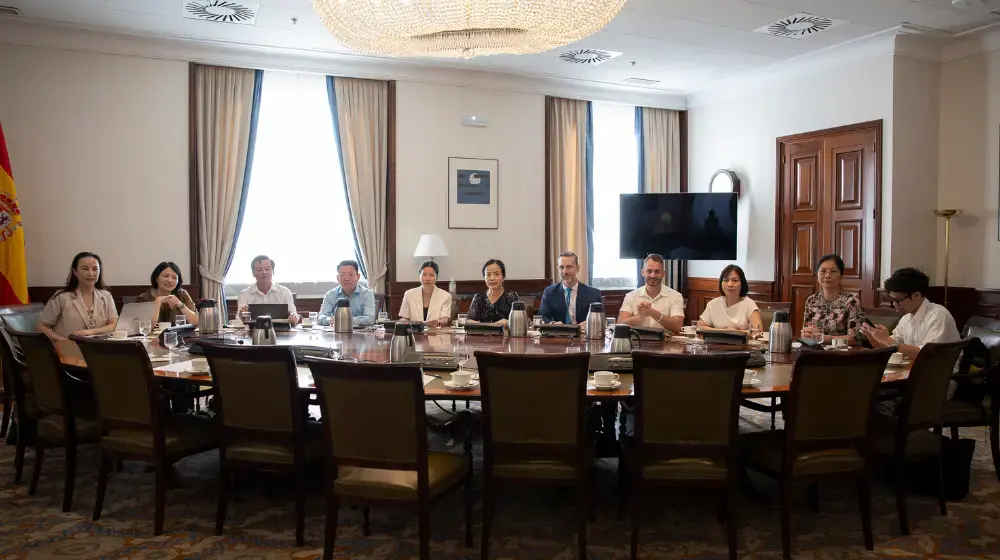
The right set of policies can help equip individuals, families, and societies to address the challenges of population ageing and reap its benefits.
When women are empowered, whole families benefit, and these benefits often have a ripple effect on future generations.
This intergenerataional life-cycle approach of investing in every stage of a woman's life - from childbirth to adolescence to adulthood - is crucial so that women, and their communities and countries, will be able to enjoy healthy and active ageing.
--
Photo: Ruvin De Silva / UNFPA Sri Lanka

